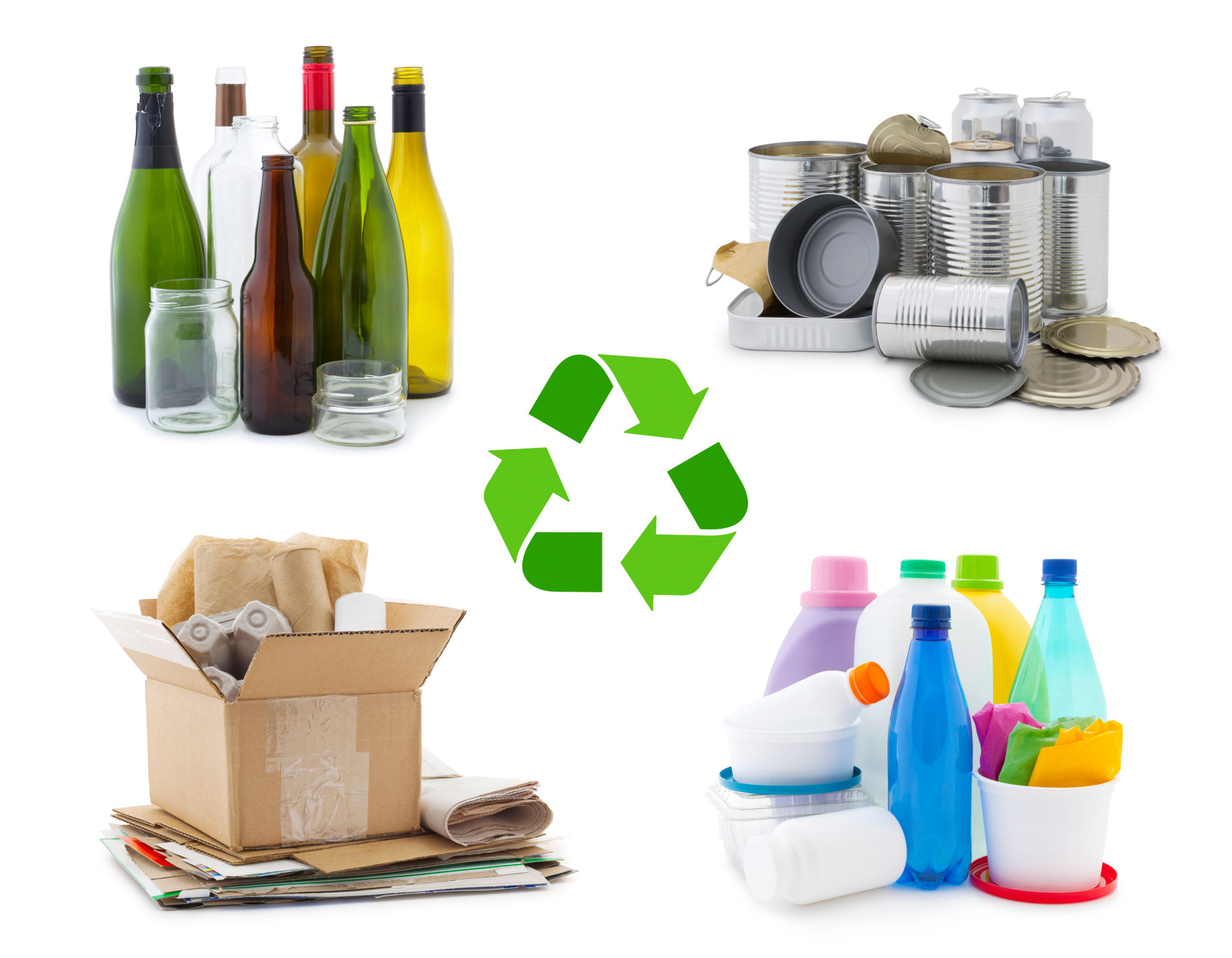10 Myths About Plastic Recycling Debunked
Introduction to Plastic Recycling Myths
Plastic recycling is a critical component of waste management and environmental conservation. However, numerous myths surround the practice, leading to confusion and misinformation. In this post, we'll debunk ten common myths about plastic recycling, providing clarity and encouraging informed decision-making.
Myth 1: All Plastics Are Recyclable
One of the most prevalent myths is that all plastics are recyclable. In reality, not all plastics can be recycled due to differences in their chemical compositions. Plastics are categorized by numbers, usually found at the bottom of products, indicating their recyclability.

Understanding Plastic Codes
The numbers on plastics range from 1 to 7, with some being more easily recyclable than others. For example, PET (1) and HDPE (2) are widely accepted at recycling facilities, while other types like PVC (3) and certain mixed plastics (7) might not be. It's essential to check local recycling guidelines to ensure proper sorting.
Myth 2: Recycling Plastic Uses More Energy Than Producing New Plastic
This myth suggests that recycling plastic is counterproductive due to the energy it consumes. However, recycling typically uses less energy compared to producing new plastics from raw materials. The energy savings from recycling can be significant, reducing carbon emissions and conserving resources.

The Energy Efficiency of Recycling
Recycling plastic saves approximately 66% of the energy required to produce plastic from virgin materials. These savings contribute to a reduction in greenhouse gas emissions, making recycling an environmentally beneficial process.
Myth 3: Recycled Plastics Are Inferior in Quality
Some people believe that products made from recycled plastics are inferior in quality compared to those made from new plastics. In truth, advancements in recycling technology have significantly improved the quality of recycled plastics.
Technological Improvements
Modern recycling processes ensure that recycled plastics meet high standards of quality and performance. Many industries now prefer recycled materials for their durability and sustainability, proving that recycled plastics can match or even exceed the quality of new plastics.

Myth 4: Only Large Items Are Worth Recycling
Another common misconception is that only large plastic items are worth recycling. In fact, small items like caps and lids can also be recycled if processed correctly. Every piece of plastic matters in reducing waste and conserving resources.
The Importance of Small Plastics
Small plastics often end up in landfills or oceans if not recycled. By collecting and recycling these items, we contribute to a more comprehensive waste management system and help protect marine life from pollution.
Myth 5: Recycling Is Inconvenient
Many people avoid recycling because they perceive it as inconvenient or time-consuming. However, with the rise of single-stream recycling and curbside pickup services, recycling has become more accessible than ever.

Making Recycling Easier
Cities and communities worldwide are implementing programs that simplify recycling for residents. By providing easy access to recycling facilities and clear instructions on what can be recycled, these initiatives remove barriers and encourage participation.
Conclusion: Encouraging Responsible Recycling
Dispelling these myths is crucial for promoting effective and responsible recycling practices. By understanding the realities of plastic recycling, individuals can make informed choices that benefit the environment. Embracing accurate information empowers us all to contribute to a healthier planet.
